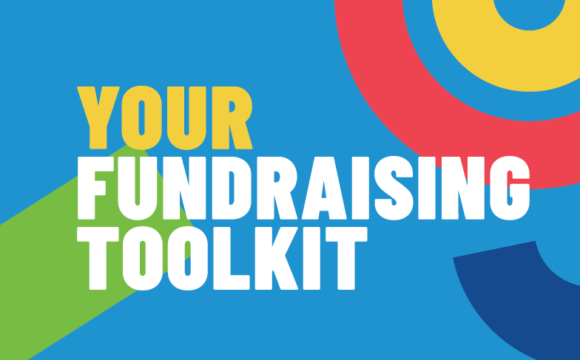Substance use, mental health challenges and other barriers can impede an individual’s ability to transition to living on their own. Without intervention, youth facing homelessness are at risk of becoming entrenched in a cycle of homelessness.
According to the John Howard Society (JHS) of Ottawa, youth represented about 13 per cent of Ottawa’s homeless population in 2021. However, Director of Youth Services Alison Newson says that figure is likely higher because many young people tend to couch surf and end up being part of the local hidden homeless population.
JHS’s Windrose Supportive Housing program, with the help of United Way East Ontario, offers safe, affordable housing for young women (and their children), which allows them to work toward their goals.
“Whether it’s education goals, employment goals, reunification with family, staff members are always on site to provide support and connect them with any resources they may need to get there, including for things like mental health support.”
Alison
Pandemic challenges persist
At the height of the pandemic, Windrose Coordinator Simran Fazal says isolation became a major issue for their youth. A lot of their tenants were staying in their units and weren’t engaging in services, including on-site programming offered by staff. For virtual services, the uptake was low.
Since then, Simran says some have shown enthusiasm for getting back to school or work, but even as pandemic restrictions lift and more in-person services become available, she’s still seeing a lot of barriers—such as substance use and mental health issues—that got worse for youth through the pandemic.
JHS of Ottawa’s Executive Director, Tyler Fainstat, adds that a lot of the services youth relied on pre-pandemic are still not running at full capacity, which means it falls on Windrose’s staff to step up and fill gaps in services. It’s made things challenging for both clients and staff members, who are on hand 24 hours a day, seven days a week.
Tyler says collaboration with community partners, like United Way, has been extremely important during the pandemic to help identify gaps in service and work toward solutions.
A supportive housing model that really works
United Way invests in culturally and age-appropriate programs that provide housing and wrap-around services like employment training, mental health resources, educational achievement and more. Across our region, we work with our partners to get at the root of the issue while creating long term solutions, and advocate for evidence-based solutions such as the “Housing First” model.
Housing first is a recovery-oriented approach to ending homelessness that centers on quickly moving people experiencing homelessness into independent and permanent housing and then providing additional supports and services as needed.
Although it can be tough for one supportive home to keep up with such rising demand, Simran works closely with their youth and truly believes in Windrose’s supportive and transitional housing model.
“Youth get to keep their control,” explains Simran. “We have rules and policies in place, but ultimately, they have their own unit, they have their own key, there are no curfews, they can come and go as they like, and they have control over the decisions they make. But we are still here if they need anything.”
Windrose staff agree about how rewarding it is to watch the transition that happens among many of Windrose’s tenants after just a couple of years.
When many youth are first accepted into supportive housing, Simran says it can be scary for them because it’s the first time they’re on their own.
“We see a lot of struggles with their coping skills. But we’re able to connect them with community partners and build relationships with them, so that by the end, they’re able to be successful on their own, learn coping mechanisms for themselves and take those things with them, beyond our supportive housing model.”
When young people leave Windrose Supportive Housing, it’s usually to go into independent housing, shared living with roommates or moving back in with family after repairing their relationships.
Hope for the future
The demand for supportive housing is higher than it’s ever been. Waitlists for programs like Windrose can be years long. Alison says they have enough interest to fill a second building.
“United Way has been a key partner of John Howard Society for decades. The support provided for our supportive housing programs is essential.” - Tyler
At the same time, Tyler hopes programs like this one will become less and less necessary over time as more support becomes available for youth earlier in their lives.
In Ottawa, project step is one way we are working to make this a reality. The community-wide response led by United Way, in partnership with Ottawa Public Health and others, aims to meet youth struggling with problematic substance use where they are by delivering addictions counselling, prevention education and family support in every publicly funded high school and five community-based schools.
While substance use isn’t the only reason youth find themselves in unstable housing situations, it can alter the course of a person’s life.
74% of youth who access project step counselling in the community improved their connections to family, friends, and community, and reported improved mental health.
United Way’s investments, partnerships, and advocacy work together to create long-term solutions that help shut the door to chronic adult homelessness.
Together with your support, we can keep young people on track to reach their full potential.
Help address youth homelessness in our communities.
This story first appeared on United Way East Ontario’s website. As your connection to the work of United Way in our region, GenNext East Ontario is committed to bringing you stories like this to demonstrate the impact your support makes.






